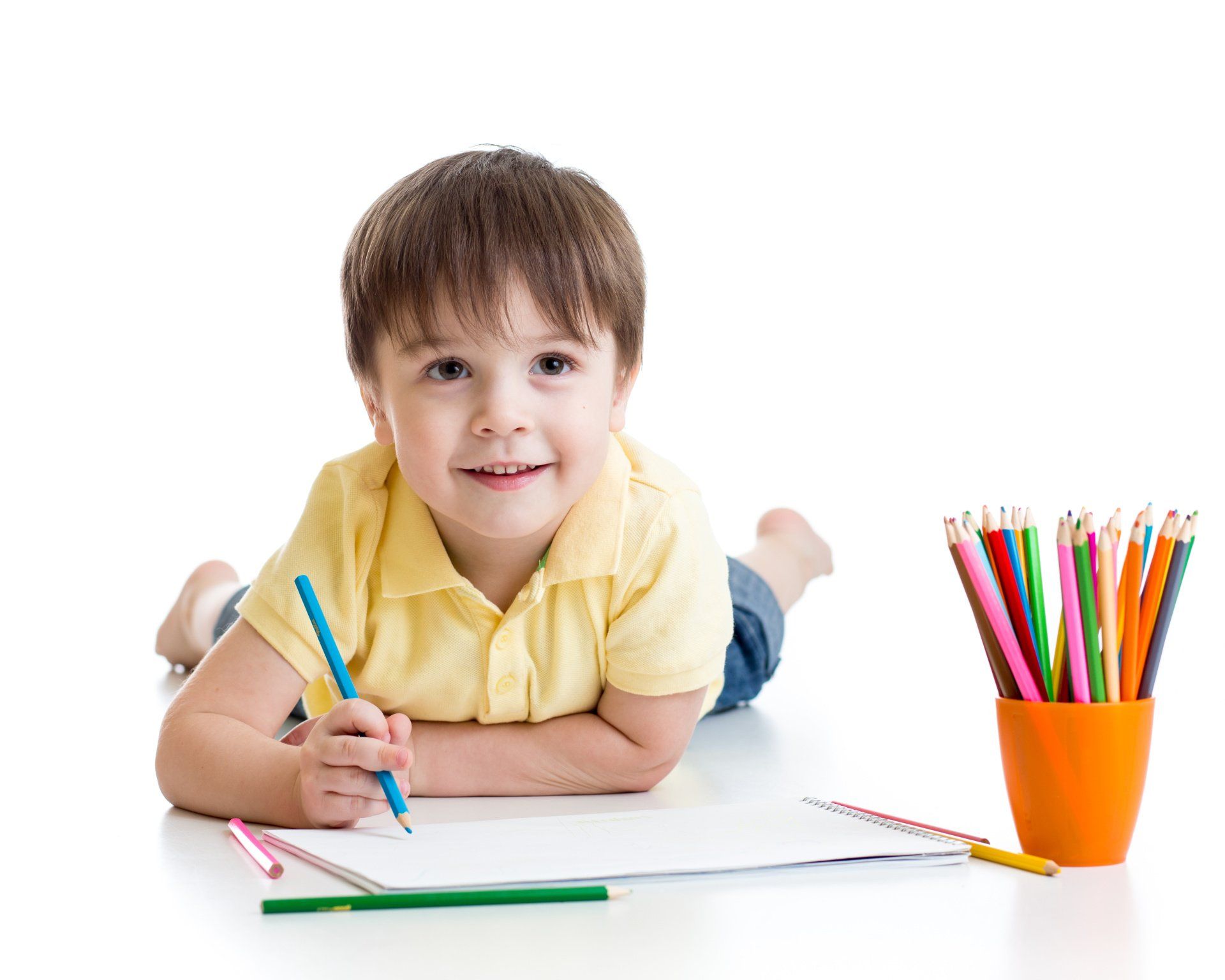British Values

Once your child is due to start at the nursery, we will begin a settling in period. Initially, we ask a parent to visit with their child and stay with him or her for a period of time. The time that the child stays is slowly increased. This is usually carried out for a three-day period.
We believe the process of settling in is vital for your child’s future happiness at the nursery, minimising both you and your child’s concerns during this transition.
Democracy
We promote democracy in a variety of ways, these include:
- Getting the children to do questionnaires; enabling them to share their views about the room as well as what toys they would like. We can then assess what is feasible and implement their ideas accordingly.
- ‘Circle time’ allows the children to share their ideas in a discussion and express their feelings about what they like and do not like so that we can ensure they are getting the best experience.
- Encouraging the children to think about their lives, feelings and thoughts and to display these in art or words – however, they feel comfortable.
- The older children use a ‘ballot box’ in which they put pictures of toys and role plays they would like to have so that they can be selected fairly.
- Board games and group discussions so that the children begin to understand how to take turns and respect each other.
- Giving the children their own roles so that they have a sense of responsibility and begin to understand how to perform tasks to achieve rewards.
Rule of Law
We encourage the rule of law by:
- Using ‘circle time’ as an opportunity for the children to share their views and experiences, what is right and wrong actions and their feelings.
- Golden rules are used in the older rooms to set out expectations for the children; teaching them how to follow instructions and take responsibility for their actions.
- The electing of a ‘Leader of the Day’ gives children the chance to take on the role of delegating tasks to their peers; teaching them how to be fair and how to lead.
- The PALS programme is a resource which encourages children to be socially interactive and have empathy for others.
- Verbally reinforcing rules and expectations when they are needed.
- Inviting local police and firefighters to visit the nursery and give talks about what is expected of the children and how they can be safe both at home and at the nursery; they also give an insight into the consequences of breaking rules.
- Encouraging the children to work in teams for tasks such as watering the plants, to teach them how to work together.
- Using the ‘box of feelings’ which explores the different feelings someone can have and why people might feel that way.
Individual Liberty
We promote individual liberty in many ways, we do this through:
- The use of soft toys: ‘Holiday Henry’ goes on holiday with the children when they go away and they are encouraged to take photographs with him. These experiences can then be shared with the class when they return and the photos are collated into an album.
- Celebrating the children’s birthdays with a party where their key worker will make them a special hat, a card and buy them a present.
- Boosting self-esteem through the use of games such as ‘That’s me in the mirror and I like myself’.
- Including PSE activities in our weekly planning.
- Allowing children to bring in toys from home so that they can play and share with their peers.
Mutual Respect and Tolerance
We encourage mutual respect and tolerance in many ways, these include:
- Celebrating the majority of religious festivals; we have a whole week of planning and learning about them before then celebrating them. We also cook foods to suit the festival we are celebrating and encourage the children to try them.
- Displaying photographs around the room of diversity in our community so that the children can understand different cultures; our team are also reflective of the community.
- Getting parents to bring in photos of the children’s families, these are then put on the family board in that child’s room.
- When a child whose parents originate from another country joins, we create a poster about that country including fun facts and photographs about the weather, foods they eat, plants they have, what languages they speak and what the capital city is.
- Singing songs in different languages for those whose native language is not English.
- Providing story books that are written in different languages and having ‘hello’ or ‘welcome’ signs around the walls in different languages.
- Decorating the nursery with objects that relate to different cultures and festivals throughout the year.
- We do activities where the children can learn about different aspects of every culture.
- Inviting parents into the nursery to read stories and teach the children new words from their home language.
- We also invite in police officers, firefighters and people with disabilities so that they can teach the children something new about themselves; making the children more aware and understanding.
- Encouraging role plays where the children can imagine what it would be like to work in different working roles.



